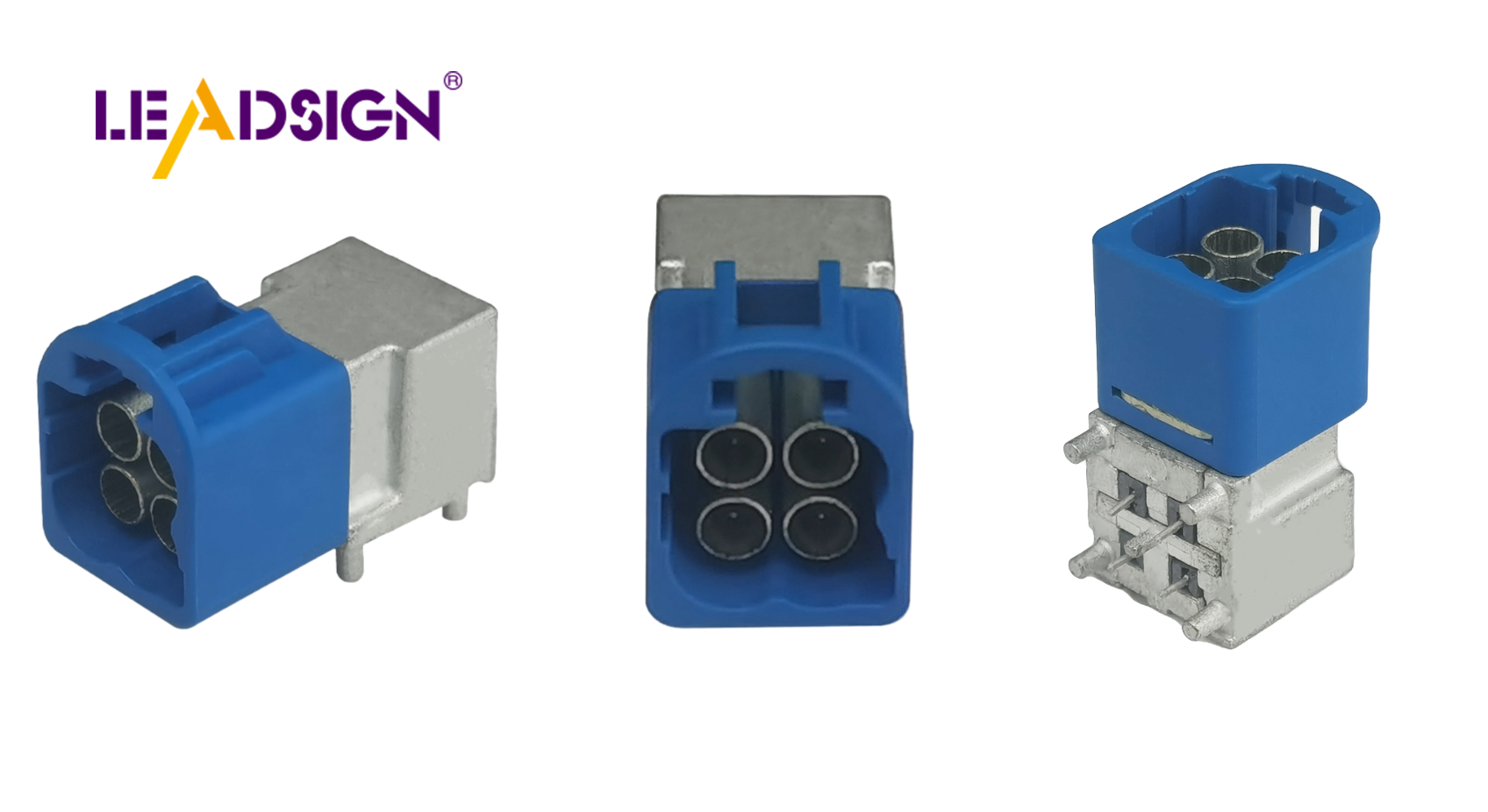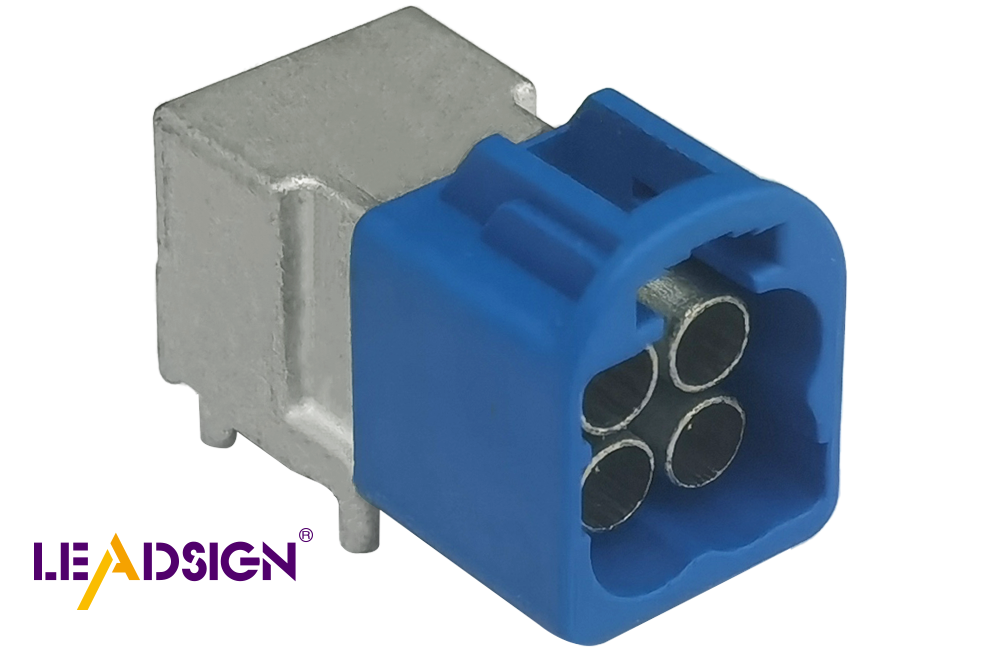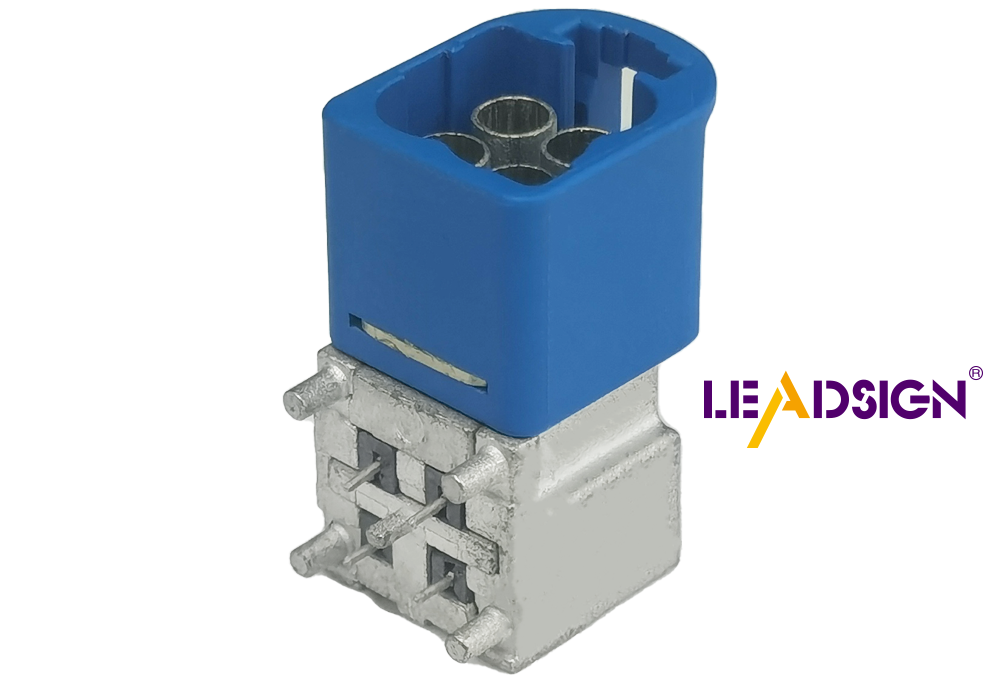Mastering Wire Connectors Automotive Type for Optimal Use

Automotive electrical connectors types are crucial components in cars, ensuring the proper functioning of the vehicle's electrical systems. These connectors are designed for specific purposes and come in various sizes and shapes to accommodate different applications in automotive wiring. Understanding the different types of automotive electrical connectors is essential for maintaining strong and reliable connections, ultimately enhancing the safety and longevity of the vehicle.
Understanding Automotive Electrical Connectors Types

Overview of Automotive Electrical Connectors
Car electrical connectors are important for your car's electric parts. There are different kinds, each with a special job.
Butt Connectors
Butt connectors join two wires together. They make sure electricity flows well. Use them to fix or make wires longer.
Ring Terminals
Ring terminals connect wires to bolts. They wrap around the bolt for a strong hold. You see them in battery and ground connections.
Spade Terminals
Spade terminals are easy to connect and remove. Their fork shape slides under screws without taking them out. This helps when you need to do repairs often.
Bullet Connectors
Bullet connectors snap together quickly. They have male and female parts that fit snugly. Use them when you need to unplug and plug in wires a lot.
Materials and Construction
The build and materials of these connectors affect how they work.
Copper Connectors
Copper ones conduct electricity well and don't rust easily. Choose copper for good electric flow.
Aluminum Connectors
Aluminum is light and cheap but needs careful setup to avoid rusting issues.
Insulation Materials
Insulation keeps connectors safe from water and heat damage. Options like PVC or nylon give different protection levels.
Applications in Automotive Industry
Connectors are key in many car systems.
Electrical Systems
They help send power around the car, from the battery to lights.
Engine Components
In engines, they link sensors with control units for good performance by sending data right.
Lighting Systems
For lights, they power up headlights, taillights, making sure everything works safely.
Best Practices for Using Wire Connectors

To use car wire connectors well, know the best ways to pick, set up, and care for them. Doing this keeps your car's wires working right.
Choosing Connectors
Pick the right wire connectors by thinking about a few things:
Matching Wire Size
Choose connectors that fit your wire size. This makes sure they hold tight and work well. Wrong sizes can cause bad connections and problems.
Environment Factors
Think about where you'll use the connectors. If there's water, heat, or chemicals, get ones with good covers like PVC or nylon. These protect against damage from outside stuff.
Power Needs
Check how much power the connectors can handle. They need to match what your car uses to stop electric problems.
Installing Connectors
Putting in wire connectors right is key for strong links.
Crimping Right
Crimping hooks wires to connectors. Use the right tool so they stay tight. Good crimping helps electricity flow well and stay strong.
Soldering or Crimping?
Pick soldering for lasting links or crimping for easy fixes. Both have perks; choose what fits best.
Keeping Connections Tight
Make sure all parts are snug so they don't come loose by accident. Check they're clicked in place to keep everything safe.
Care and Fixes
Look after your car's wire connectors to avoid trouble later on.
Look Often
Check your connectors often for wear or harm signs like rust or loose bits. Spotting issues early stops bigger ones later.
Knowing Problems
Watch out for rust, overheating, or loose parts as these hurt how wires work in cars. Fix fast to keep things running smoothly.
Fixes and Changes
When something's wrong, fix it quick by cleaning rusty spots, tightening loose parts, or swapping broken pieces. Keeping them nice means they'll work their best.
New Ideas and Future Changes
Car wire connectors are changing fast. Car wire connectors are changing fast. As tech gets better, new connectors show up with more features and eco-friendly designs. Knowing about these changes helps you pick the best for your car's wires.
Better Connector Tech
Smart Connectors
Smart connectors are a big step in car tech. They talk to the car's systems and tell you how they’re doing. You can check if they're okay and get alerts for problems. This stops issues early, keeping your car running well.
Benefits of Smart Connectors:
Check connections in real-time
Spot problems early
Better vehicle checks
Licensed Master Electrician: "I've seen many push-in connectors fail with high power." This shows why picking strong smart connectors is key for today’s cars.
Green Materials
With more focus on nature, cars now use green materials. New connectors are made to be kind to Earth, using stuff that can be reused or recycled. Picking these helps the planet stay healthy.
Advantages of Eco-friendly Connectors:
Less harm to nature
Follow green rules
Can be reused or recycled
Effects on Car Design
Fit with New Systems
New cars have cool systems needing good fits. Fresh connector styles help parts work together well, boosting how they perform and last longer.
Key Features:
Fits with new car systems
Fast data sharing Fast data sharing
More ways to connect
Safety and Efficiency Boosts
New connector ideas make cars safer and work better. They protect from weather damage, lowering failure risks so you feel safe driving knowing your car’s wires are strong.
Safety and Efficiency Improvements:
More water and heat proof
Last longer
Better electric flow
By learning about these new things, you choose the right car wire connectors. Using new tech makes your car better and helps keep our world clean.
Knowing how to use wire connectors in cars is important. It helps your car work well and safely for a long time. Always pick the right connectors, put them in properly, and check them often.
Anonymous user: "I think push-in connectors are great for joining many wires... They make connections quick and small."
Learn about new ideas like smart and green connectors. These keep your car modern and good for the planet. Use these updates to make your car's wires better.
See Also
Enhancing Productivity with HFM Connectors in Auto Industry
Benefits of HFM Connectors in Auto Sector
Fundamentals of HSD Connectors in Auto Sector

